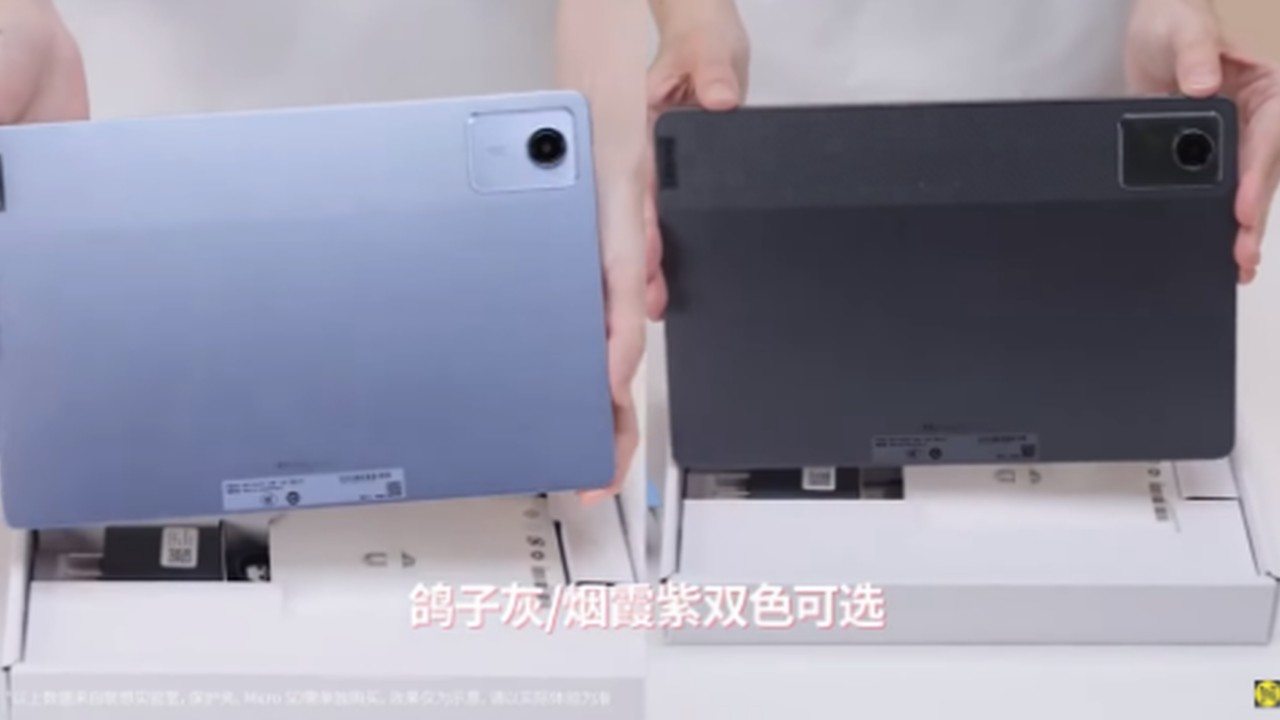Patent battle heats up between Lenovo and Asus
Lenovo's patent lawsuit against Asus could lead to a ban on ZenBook laptops. This is a significant development in the tech world.

Patent disputes are a critical aspect of the technology industry, with nearly every major company being involved in such cases at some point. A recent instance is the legal battle between Lenovo and Asus, where the Chinese tech giant has filed a lawsuit against its Taiwanese rival for patent infringement. This lawsuit involves allegations related to software, hardware, and connectivity across multiple products.
Lenovo's claim is that Asus has been using patented technologies without permission, which includes a method for reducing data transmission steps, a wireless wake-on LAN power management technique, a two-finger diagonal scrolling feature, and a hinge design that allows a laptop to convert into a tablet.
Patent battle heats up between Lenovo and Asus
In response to these alleged infringements, Lenovo has initiated legal action against Asus in the US District Court for the Northern District of California. Lenovo is seeking damages for lost profits and an injunction to prevent Asus from using its patented technologies. Additionally, Lenovo has requested the US International Trade Commission (ITC) to impose a limited exclusion order that would bar the import of Asus products that infringe on these patents into the United States.
While Asus has not yet publicly responded to the lawsuit, Lenovo has expressed willingness to negotiate a cross-licensing agreement with Asus as a potential resolution to the dispute. However, Asus has reportedly declined this offer. The outcome of this lawsuit will have significant implications for both companies. Should Lenovo emerge victorious, Asus may have to cease using the disputed technologies or agree to pay royalties to Lenovo for their use. This could potentially harm Asus's reputation and market position. Conversely, a win for Asus would allow them to continue using the technologies without restrictions. The tech industry awaits the outcome of this case, as it could set important precedents for future patent disputes.
 Xiaomi's new financial report is set to intimidate competitorsMobile
Xiaomi's new financial report is set to intimidate competitorsMobile





